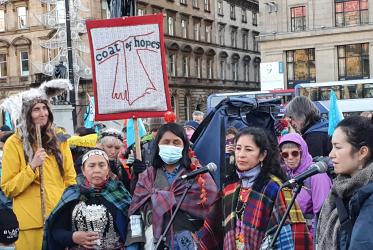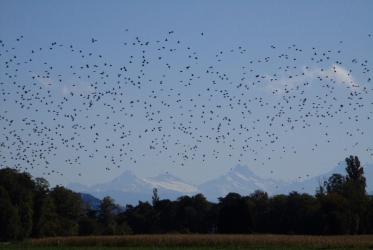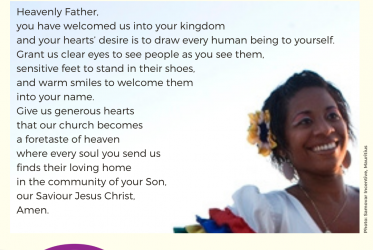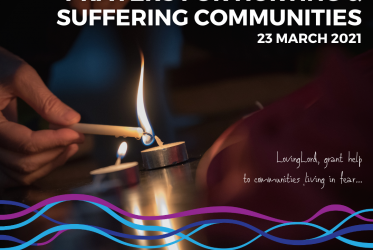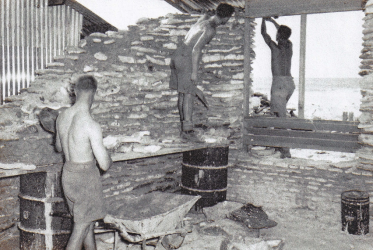Displaying 21 - 40 of 80
Morning Prayer for Monday, 26 July 2021
26 July 2021
Morning Prayer for Monday, 7 June 2021
07 June 2021
Morning Prayer for Tuesday, 25 May 2021
25 May 2021
Morning Prayer for Monday, 29 March 2021
29 March 2021
